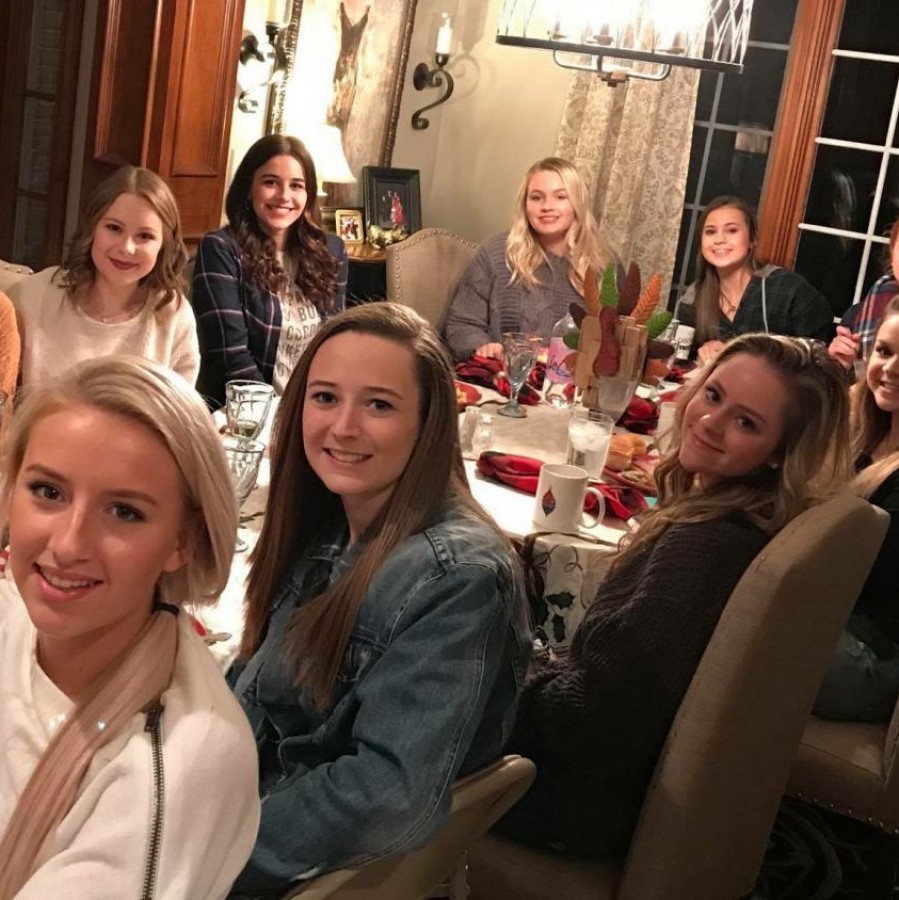As the leaves change their colors and the winter chill sets in, students prepare for the impending holiday season with their families. But, as many teens and adults alike move towards celebrating traditions like Friendsgiving, the definition of whom people consider “family” to be is changing.
Though a celebration that first gained popular and social recognition through the sitcom “Friends” during the ‘90s, Friendsgiving is now celebrated in all reaches of the United States by people of all backgrounds.
For many, Friendsgiving is a tradition celebrated in addition to the typical Thanksgiving celebration they partake in with their families. Urban Dictionary defines it as “The celebration of Thanksgiving dinner with your friends. This usually occurs on the Wednesday before or the Friday after Thanksgiving Day, since Thanksgiving is usually reserved for family gatherings”.
Senior Courtney Hart said Friendsgiving gives her an opportunity to spend time with friends and celebrate the value of those friendships. “It’s a little different with your friends because there are different games and food but the main point is still quality time with the people you love,” she said.
But for those who live far from relatives, those who have had distressing family experiences or those who have no relatives to visit at all, celebrating Friendsgiving may be the only way to spend the holidays with the people they love.
The changes society has undergone both socially and in the workplace require a change in how the holidays are celebrated, said English Teacher Lynne Lundberg.
“For a generation that struggles to make ends meet, let alone have vacation days that line up with the holiday seasons, it is unrealistic for them to be able to travel home for these occasions,” she said. “They have to learn to take advantage of the time they do have off and make their own new family with the people present in their lives, who often aren’t people they are actually related to”.
Whether Friendsgiving is celebrated in addition to usual traditions or celebrated in place of a Thanksgiving with relatives, the emergence of such friend-based “holidays” points to a greater social redefinition of family.
The holiday season is about being with and appreciating loved ones and the role they play in one’s life. While relatives are certainly a part of this demographic, as more and more people make independent decisions about who they love and value, the term family can no longer solely apply to blood relatives.
With these modern interpretations of family and love, the age-old saying,“blood is thicker than water” is simply outdated.











